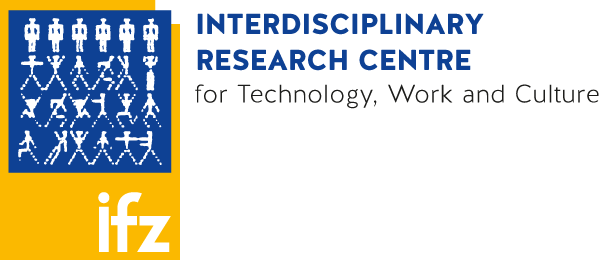Village scale solar systems for development
Research Council of Norway
2009-2013
- University of Oslo, Department of Sociology and Human Geography (co-ordinator)
- Sweco, Stockholm
- Centre for Development and the Environment, University of Oslo
- African Centre for Technology Studies (ACTS), Nairobi
- The Energy and Resources Institute (TERI), New Delhi
- Norwegian Church Aid Eastern Africa, Department of International Environment and Development Studies, Norwegian University of Life Sciences
- University of California, Berkeley
- Camco, Kenya
Furthermore, through action research, the project actively transfered experiences from India to Kenya, both monitoring and influencing the adaptation of the Indian experiences to Kenyan local contexts. The project created a local power supply project in a Kenyan village. In these ways the project contributed to the extension of technological and organizational options available for decentralized, renewable energy supply in Kenya, and was intended to be useful for governments, development agencies, NGO’s, village groups, renewable energy actors and others who are involved in the planning and implementation of solar energy and other decentralized energy options in Kenya and elsewhere.
The research project analysed the model of decentralised solar energy supply as part of an emerging and not-yet-established socio-technical system which is still not embedded in society. The community model for solar electricity supply could also provide important lessons regarding decentralised, community based electricity supply in general. Furthermore, the project concentrated on the process of South-South transfer of socio-technical innovations, and identified ways in which the process of technology transfer carried out in the Project could be strengthened. Through the action research approach in this project, the researchers, practitioners and communities together acted as catalysts for technology transfer and adaptation of social and technical innovations in new contexts.
